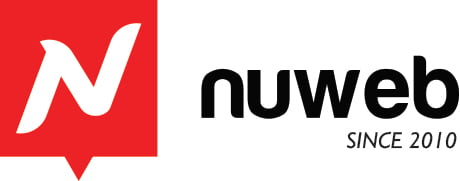In reality, search traffic is 9 percent better than social media traffic. But to get it, you’ve got to avoid trusting in any of the SEO-related theories. These SEO misconceptions aim to deter hard-working content marketers and writers from improving their search traffic and page rankings. Any SEOs appear to be associated with Google. That’s a huge lie, but Google doesn’t announce who its SEO collaborators and associates are. So, if an SEO consultant Malaysia or organisation guarantees you top rankings at a “low” price of $499 per month, that’s Fraud. No one will promise Google’s highest search engine scores. Here are three major SEO theories that you can ignore:
Meta tags don’t even exist
Meta tags are HTML tags that occur between opening and closingtags. They are used to display preview excerpts for a given webpage in the search results. They have meta keyword words. The three components of the meta tag are:
- The title tag
- Definition of the meta
- Keyword or expression meta
Note: The title tag occurs in theportion of the site page, but it is a required feature of the page. Meta explanations and keywords, on the other side, are optional page components. Without a meta summary, however, Google can draw text from the body of the page as a preview snippet.
Even though Google does not use meta tag keywords in page rankings, meta keyword definitions are still important and it makes sense to spend time on them. Meta tags can also find your search results appealing, and will draw further clicks from search engine users to believe like your website has high-quality material that suits their needs. Here’s where the content strategy can begin to boost your higher search engine rating.
Google will locate and index your fresh material
Crawl optimization is an interesting subject that I am going to build on in a future post. For now, let’s assume it refers to the stuff you can do to help Google find, crawl and quickly index your new, high-quality content. Search engine bots feed on new news. When your new item is live, it means you’ve made a meal for it. But, does that imply that the fresh material would be scratched and indexed without your input?
Yes, it can happen, but it can take up to two days, particularly if your blog is pretty fresh. You can help search spiders explore the fresh material and get the ball rolling. This is one of the rewards of downloading a WordPress plugin for the Google XML sitemap generator. You don’t have to do something about it until you set up a plugin.
As soon as you click the “Publish” button, a new XML sitemap is created and sent to major search engines and folders. This is not manipulative at all and allows Google to index the latest material as soon as possible, taking into consideration your connection profile in the process. Updating your social accounts will speed up your indexing of fresh content. It’s really easy, just post or tweet your connection to your Facebook profile.
Analysis on keywords is not essential
This myth is almost as risky as the first one. When it comes to digital promotion and blogging, you can’t afford to neglect high-quality keyword analysis on your website. What you can stop is over-optimization, over-use of keyword-rich anchor text and changes to the Exact Match Domain. Emphasis on ROI instead of the highest rankings for the keyword. After all, if you rate #1 or #5, what counts is what you get back to.
The Google Keyword Planner is still the best reliable keyword analysis method out there. Most of the other resources depend on Google. However, some other resources are also useful. Apart from using Google Keyword Planner to scan your keywords, you should even review which keywords your rivals are targeting. Keyword analysis is also really important. But, in order to remain secure, concentrate on the user purpose of the search, not only the keywords themselves, but even the meta keyword phrases.
Conclusion
Reading other blogs and studying from knowledgeable content marketers will help you find your own passion and change. After all, the network is a diverse forum. Still you have to do so with judgement. Much of the recommendation is not focused on a deep knowledge of search engine optimization and how search engines operate. Learning these 3 SEO myths will help you expand your web and discover even more ways to appeal to your target audience by results-driven content marketing.


